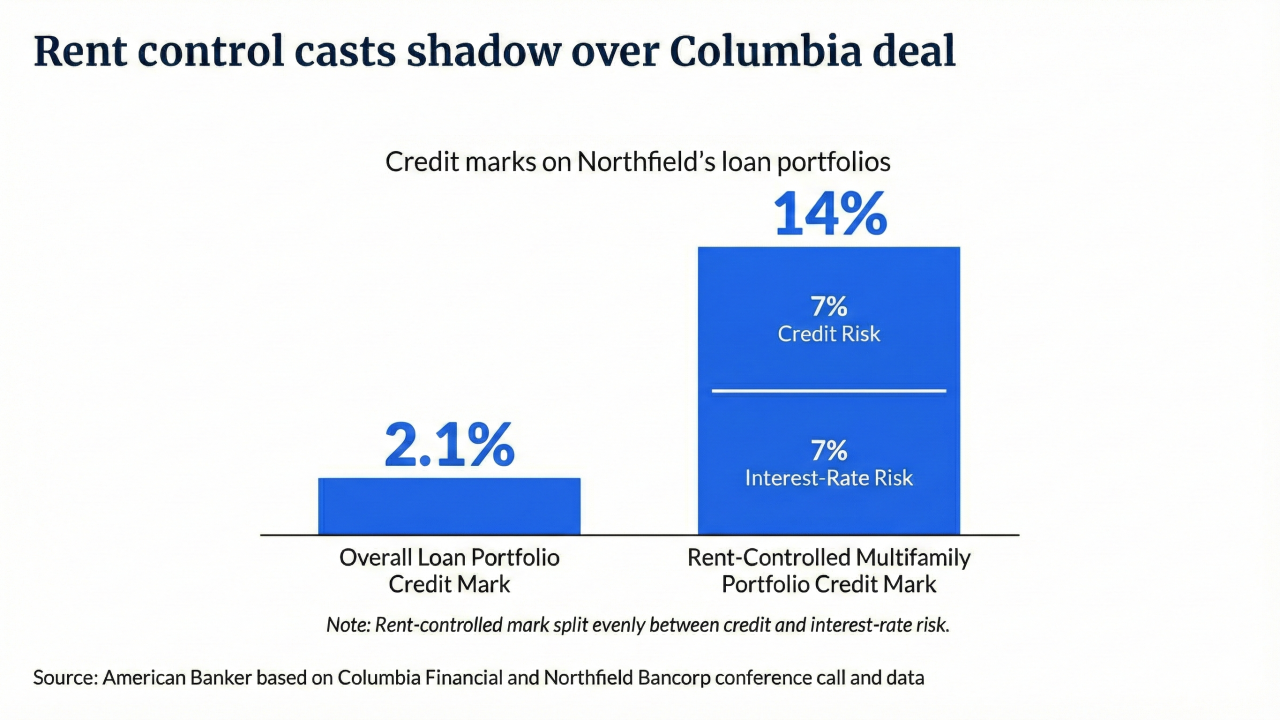
It's a decades-old
When it comes to crypto, U.S. regulators have been anything but clear and consistent. And uncertainty over the U.S. regulatory landscape is
It's true that we stand to lose a lot if the U.S. allows our consumers to be harmed by fraudulent or irresponsible crypto institutions. But that is exactly why we should want them to stay stateside.
While some crypto-skeptical policymakers welcome the idea of these institutions exiting the U.S., they're failing to see the bigger picture. Giving up our jurisdiction over this
Plenty of Democrats are skeptical of crypto, and for good reason. The industry has its share of
Lawmakers and regulators don't have to like that reality to see there are good reasons to keep the industry under the federal government's watchful eye. Agencies like the SEC will protect American consumers far more effectively than any international regulatory body or foreign legal system. Much like our dollar dominance, the SEC enjoys confidence as a leading regulatory institution among Americans and international investors. It's better for American consumers to have the security of the SEC's oversight over digital-asset services than to hope that foreign regulators look out for our consumers.
Less discussed, but maybe even more critical, is the national security risk we'd take on in pushing crypto markets overseas.
Digital currencies offer an accessible, global financial market separate from traditional banks, and losing our regulatory influence over that market risks geopolitical consequences. Take our stake in the Russia-Ukraine war, for example. Shortly after Vladimir Putin ordered an invasion of Ukraine last year, the U.S. government imposed economic
While U.S.-based crypto exchanges abided by our sanctions, international exchanges like
Even if the SEC maintains its extraterritorial
The theoretical control Chairman Gensler seems to think he'll retain after driving crypto exchanges away isn't going to work in practice, and once these companies are gone, we'll have lost the guarantee that we can exert any meaningful influence on a major financial industry that's around to stay.
The bottom line? Throwing away our jurisdiction over an emerging global financial industry, no matter its flaws, jeopardizes our influence on the world stage.
U.S. investors aren't going to stop putting their money in crypto exchanges, and, ultimately, the SEC has a responsibility — and a unique ability — to protect our consumers. It's a far better idea to bring the industry under the federal government's thumb than drive it out of the U.S. and hope that other countries adequately look out for American interests.






